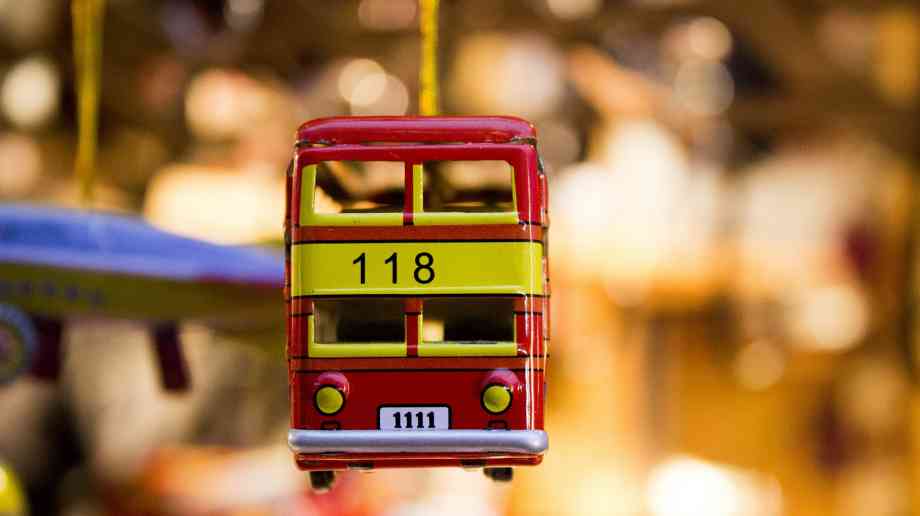Sue Robb of 4Children talks to Julie Laughton and Alison Britton from the Department for Education about the role of childminders in delivering the 30 hours free entitlement.
Public transport key to kickstarting economy

Research commissioned by Greener Journeys has demonstrated how investing in buses would deliver a significant boost to the economy.
The impact of months of government urging people to avoid public transport has taken its toll on the economy. Prior to the coronavirus pandemic, the bus was the main mode of access to city centres, responsible for a third of city centre expenditure. Bus commuters were generating £64 billion in goods and services every year.
New research, undertaken by KPMG, shows that £2 billion of investment would generate 425 million additional bus journeys per year in England outside of London. Additionally, each £1 invested would generate £4.48 in wider social, economic and environmental benefits. This means that all local authority areas in England outside of London could expect to see at least a 20 per cent increase in patronage.
From 1 August, employers will be able to decide when their employees can go back to work in the office, and the government is relaxing its guidance on avoiding public transport. However, Greener Journeys is urging the government to be more positive in its messaging and encourage the responsible use of public transport.
Bus patronage today is at just a third of pre-crisis levels, as more people are choosing to drive instead of taking public transport. Greener Journeys says that we risk replacing one health crisis with another.
Air pollution linked to road traffic causes 40,000 early deaths a year. Diesel cars and vans produce more than two thirds of NOx emissions from transport. Furthermore, recent studies have demonstrated a direct link between long-term exposure to air pollution and higher infection and death rates from coronavirus. The bus is central to tackling air pollution. A modern diesel bus produces fewer NOx emissions overall than a modern diesel car despite being able to carry 20 times more passengers.
If public transport networks suffer long term damage, there will be serious consequences. A 10 per cent decrease in public transport connectivity is associated with a 3.6 per cent increase in social deprivation. A third of people in the UK have deliberately caught the bus to have some human contact. Rising demand for car and van travel is a key reason why carbon emissions from transport remain high. A double decker bus can take 75 cars off the road.
Claire Haigh, chief executive of Greener Journeys, said: “The Prime Minister may have dropped the avoid public transport message, but he is still encouraging people to use alternative means of transport wherever possible. This won’t be enough to restart the economy. The fundamental role of mass transit in facilitating economic activity is as essential today as it ever was. We need a green recovery and that will require a massive shift from private transport to public, shared and active travel. The forthcoming national bus strategy must maximise the potential of the bus to tackle pollution, reduce social deprivation and reignite the economy."
Company Focus
Located in Bromley, Japanese Knotweed Eradication Ltd has been providing solutions in the treatment and removal of Japanese Knotweed (Fallopia Japonica) for over a decade. During this time we have mastered a repertoire of methods, from herbicidal treatments to landscaping solutions, tailored to address the unique challenges our clients face with this pervasive weed.
Event Diary
UKREiiF has quickly become a must-attend in the industry calendar for Government departments and local authorities.
The multi-award-winning UK Construction Week (UKCW), is the UK’s biggest trade event for the built environment that connects the whole supply chain to be the catalyst for growth and positive change in the industry.
Supplier Profiles
Geo Energy
At GeoEnergy Design, we're on a mission to disrupt the traditional way heating and cooling ha
Latest Features
Professor Harith Alani, director of the Knowledge Management Institute at the Open University explains how AI can be used for good and bad.
Alex Lawrence, head of health & social care, techUK sets out techUK’s Five Point Plan for CareTech.

















